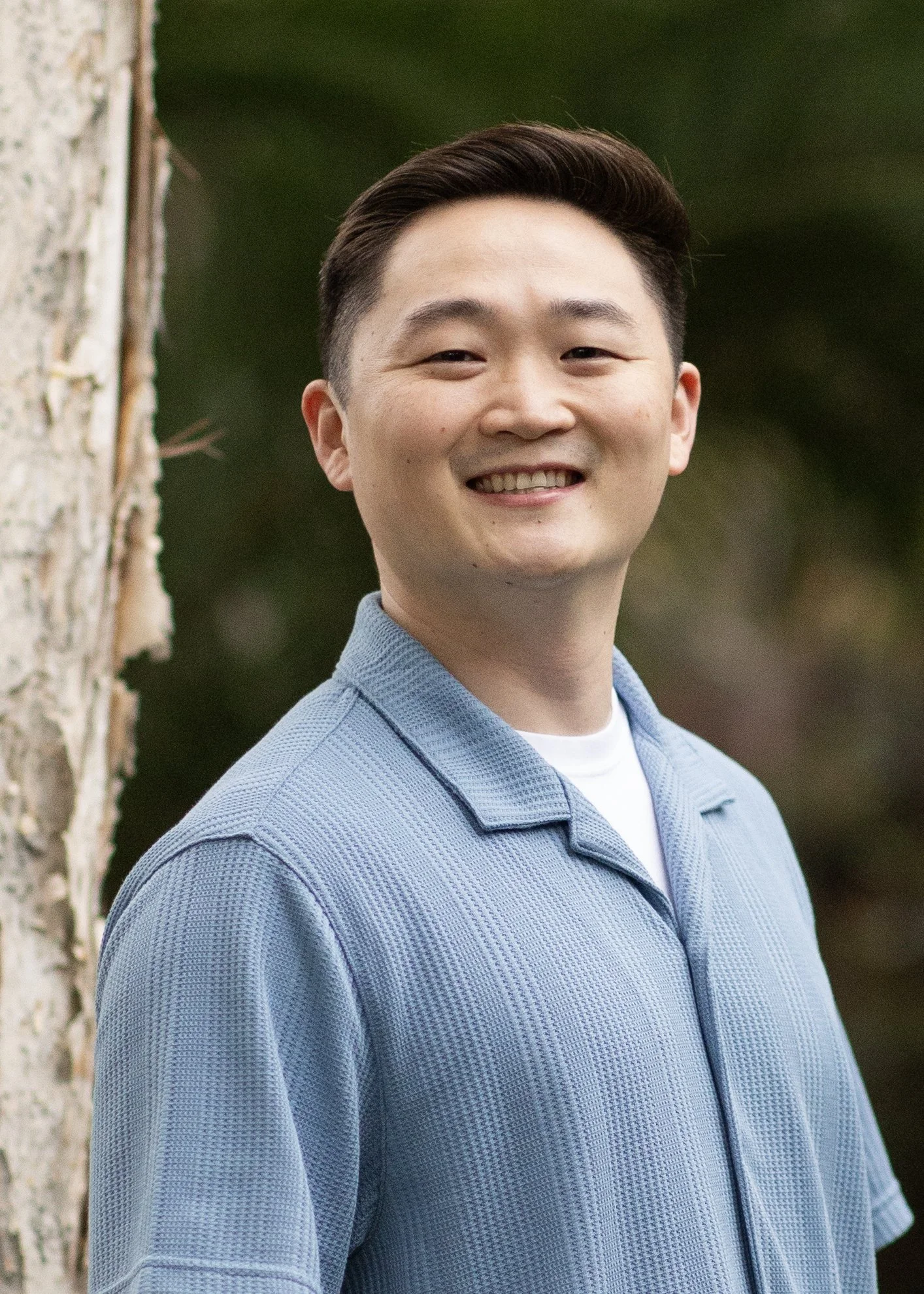Theoria Marriage and Family Counseling is a Los Angeles based private practice founded by Jacob Kajiwara M.S., LMFT.
Theoria is an Ancient Greek word meaning “contemplation” or “a looking at.” Rooted in philosophy, it speaks to the practice of slowing down to deeply observe and reflect. In Aristotle’s thought, theoria was the highest form of understanding—an intentional, thoughtful way of engaging with life’s deeper questions.
At Theoria Marriage and Family Therapy, this spirit of reflection guides the work: creating space to pause, explore, and gain clarity.
Hi, I’m Jacob Kajiwara, LMFT.
How I am different from other therapists:
Yes, we will talk about your past but we won’t live there.
I won’t make everything about your childhood, but I also won’t ignore it. Your early experiences shaped how you move through the world today; how you relate to others, protect yourself, and make sense of who you are now. We’ll explore the past only as much as it helps you understand the present and make meaningful change moving forwardI am direct but compassionate.
I’ll ask the hard questions and help you look at the patterns that keep you stuck. I’ll challenge you to sit with difficult truths and uncomfortable emotions while holding a space that’s grounded in non-judgment, warmth, and care. You will be met with a therapist who holds you accountable with compassion and respect.I am intentional and attuned.
Not just to your words, but to your body language, tone, and silence. You won’t get another therapist who is half asleep or just nodding their head as you speak. I will challenge you, make interpretations, and draw on previous sessions to guide you towards meaningful change.I am confidently human.
I’ll laugh with you, sit with you in grief, and be an actual person with you. I try my best to show up as myself because I believe that modeling authenticity will help clients be more authentic in their own lives. My goal is to help demonstrate what it looks like to be regulated, honest, and self-assured, even when things the conversation or relationship gets uncomfortableThis work is deeply meaningful to me.
I’ve struggled with the same issues I now help clients work through: attachment, anxiety, people-pleasing, self-worth, identity. This lived experience coupled with my education allows me to deeply empathize and ask nuanced questions about your personal experience.
Couples Therapy for struggles with disconnect, intimacy, or conflict.
Therapy for men struggling with anger, relationships, or role performance.
Anxiety for clients struggling with perfectionism, social anxiety, or emotional overwhelm.
Identity & Self-Esteem for clients seeking integration of intergenerational, intercultural, or adoption identities.
And for the human who is experiencing an existential crisis at home or at work and needs to renegotiate what their roles, relationships, and priorities look like.
I specialize in:
About Me
Hi, I’m Jacob! I am energized and inspired by my clients who are doing the deep work of healing, whether it’s in their relationship with themselves, their partners, and their families.
Many of my clients are high-achieving, highly motivated intellectuals who mask a deep and unexplored sensitivity. They come to therapy wanting to bridge the gap between intellectual knowing and emotional awareness. The outcome is the ability to respond more effectively in relationships, navigate difficult emotions with confidence, and embody a truer, more congruent sense of self. Clients often know the work is “working” when they notice a shift: from anxious uncertainty to a sense of capability in the face of uncertainty, from self-doubt to self-trust, and from chronic overthinking to a willingness to sit with discomfort without being overtaken by it.
As a third-generation, cisgender, heterosexual Korean American man and transracial domestic adoptee, I bring a lived understanding of identity development and a culturally attuned lens to the exploration of attachment, family dynamics, and relational repair. My work is grounded in a deep respect for human resilience and a belief in therapy as a space for honesty, complexity, and transformation. I’m committed to redefining masculinity beyond patriarchal norms and stand as an affirming ally to the LGBTQ+ community.
My approach is person-centered, conversational, and grounded in humanistic and trauma-informed values. I am trained in Cognitive Behavioral Therapy (CBT), Dialectical Behavioral Therapy (DBT), Emotion-Focused Therapy (EFT), and mindfulness-based approaches. With these approaches, it is my hope is to help you not only understand yourself but to feel more capable, self-compassionate, and in-control. Together, we create space for you to grow, heal, and build resilience so you can navigate life’s challenges with greater clarity, strength, and connection.
Ultimately, the goal is to help you show up more fully as yourself. Because (while I may be projecting a bit) few things are more painful than feeling like you’ve disappointed yourself, both in your outer life and your inner world.
Outside of therapy, I enjoy spending time with friends and family. I also have an affinity for analog photography, being in nature, and hanging out with my pup, Winona.
Thank you for reading a little bit about my story, I look forward to hearing yours!
The clients I work with want a therapist who:
Is relatable, conversational, and honest
Is nonjudgemental and warm but also hold client’s accountable
Helps them create new insight and leverage that insight into action
Has lived experience in their struggles and clinical depth in creating change
“An abnormal reaction to an abnormal situation is normal behavior.”
- Viktor Frankl (Psychologist and Holocaust Survivor)
Human beings are incredibly adaptive, and while the strategies you’ve developed may no longer serve you, they are a powerful testimony to your resilience.
More often than not, the way you criticize yourself is not only hurtful but deeply unfair. When we look closer, we often find that these judgments are adaptive and protective- and that your seeming “deficiencies” actually make perfect sense in the context of your life.




